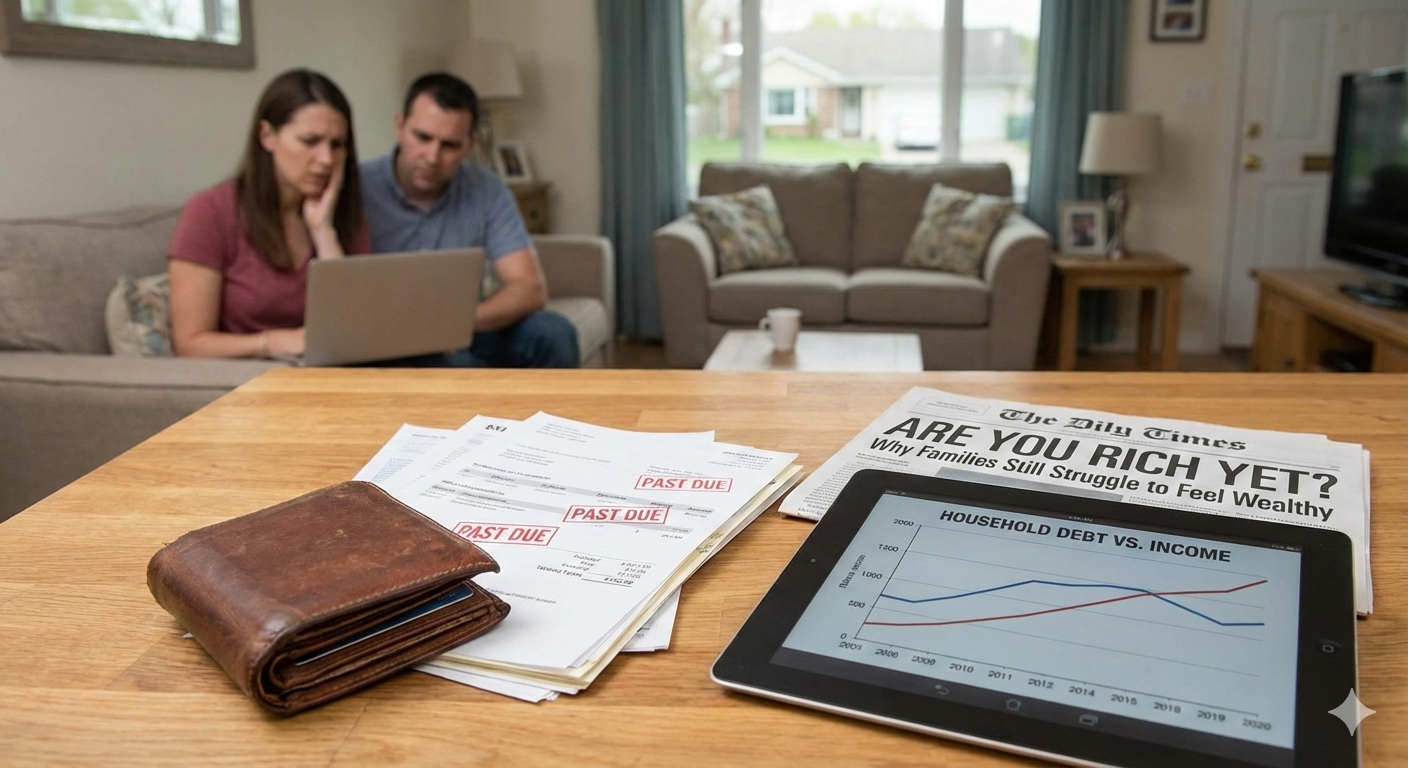Ep. 212 – Dr. Jennifer Dragonette – The Power of Mini Vacations for Your Mind and Body
Have you ever wondered why you get sick on vacation?
I share my all-too-relatable experience of getting sick on my recent anniversary trip across Italy, Greece, and Turkey with our resident therapist, Dr. Jennifer Dragonette. Dr. Jen dives into why our bodies often choose downtime to recover, exploring our hidden demands we carry and how American work culture fuels our “earn your rest” mentality.
But, as always, our conversation expands, weaving in discussions about present-moment awareness, how to build restorative habits into daily life, and why those five-minute “mini-vacations” might be just what your nervous system needs. Dr. Jen and I also tackle bigger questions: When do you know it’s time to seek professional help, whether that’s in therapy or financial advice? What stigma holds us back, and how much can talking to the right person or connecting with others change our experience?
From the pressures of social comparison to embracing change as parents, this episode is packed with relatable stories and actionable advice. Whether you’re guilty of pushing through without a break, curious about the real signs it’s time for extra support, or just looking for ways to slow down time and savor life’s moments, I hope this conversation provides a little reassurance that you’re definitely not alone.
Please enjoy my conversation with Dr. Jennifer Dragonette.
Connect with Paul
Contact Paul here or schedule a time to meet with Paul here.
Follow Paul on LinkedIn, Instagram, and Facebook.
And feel free to email Paul at pfenner@tammacapital.com with any feedback, questions, or ideas for future guests and topics.
ADDITIONAL RESOURCES YOU MAY LIKE
1 Big Idea to Think About
We don’t have to wait for a big vacation or crisis to give ourselves permission to rest—taking small, intentional breaks and practicing self-awareness in daily life can have a powerful, compounding effect on our emotional well-being.
1 Way You Can Apply This
To cultivate emotional well-being and help prevent burnout, schedule “mini vacations” throughout your day—brief pauses to ground yourself, practice mindfulness, or simply rest your mind. Just as you would make regular, small investments for long-term financial growth, these short, intentional breaks can compound over time, rejuvenating your nervous system and making stress management more sustainable and fulfilling.
1 Question to Ask
Am I truly giving myself permission to rest and take breaks before I reach the point of burnout, or am I waiting until my body forces me to slow down?
Key Moments From the Show
00:05 Paul and Teresa return from an anniversary trip to Italy, Greece, and Turkey; Paul gets sick by the end of the cruise.
01:41 Dr. Jen explains why people often get sick on vacation—our bodies finally have time to heal and recover.
03:19 Paul reflects on Americans’ tendency to feel they must “earn” rest through hard work.
04:29 Dr. Jen discusses the importance of putting on your own oxygen mask first—taking care of yourself before you burn out.
06:52 Both relate to how time seems to move faster when back in the daily grind versus vacation, emphasizing the value of mindfulness.
08:10 Dr. Jen suggests taking “mini vacations”—even just five minutes of mindfulness can benefit the nervous system like a full vacation.
10:13 Paul asks how people can instill these small self-care breaks into their habits, given how hard it is to follow through.
11:19 Dr. Jen offers practical tips: reminders, habit stacking, pairing breaks with enjoyable activities, and scheduling recovery time after challenging events.
12:57 Signs of stress and tense emotions—like increased heart rate or clenching jaw—can be cues to take care of ourselves.
14:11 Dr. Jen recaps her Utah family vacation, balancing her adventure-seeking with her kids’ desire for downtime.
15:06 Her family adopts a “one adventure per day” rule, resulting in a more enjoyable trip for everyone.
16:47 Transition to key topic: when it’s time to seek outside support like therapy or financial advice.
18:45 Most people seek therapy after meaning to for a long time—often when interpersonal challenges exceed their expertise.
21:10 Many therapy clients consider themselves “cycle breakers,” aiming to do better than previous generations and stop negative patterns.
22:43 Therapy offers skills, education, and especially reassurance—you’re not broken, your experience is normal.
23:43 Social comparison makes us feel less-than, even though we only see a small sliver of others’ true experiences.
28:21 Key sign for therapy: when mental and emotional challenges are impacting your relationships, work, or everyday life.
30:53 If you have persistent negative symptoms, anger, isolation, or thoughts of self-harm—these are times when seeking therapy is crucial and urgent.
34:13 Social comparison is heightened by curated social media highlight reels, impacting both emotional and financial self-perception.
37:26 Dr. Jen notes the value of group therapy for connecting with others with similar struggles, helping reduce stigma and isolation.
40:48 Paul discusses wishing to slow down time with his kids as they navigate school transitions, highlighting the importance of present-moment awareness.
43:04 Dr. Jen encourages savoring small moments, being mindful, and letting change be a part of ongoing joy in parenting and life.
44:16 Episode wraps—Dr. Jen and Paul emphasize taking a mindful five-minute break after the episode as a step toward self-care.
Resources Featured in This Episode:
Finding Harmony in Life, Work, and Family
Inside the Family Office: A Family's Journey Working with a Financial Advisor




